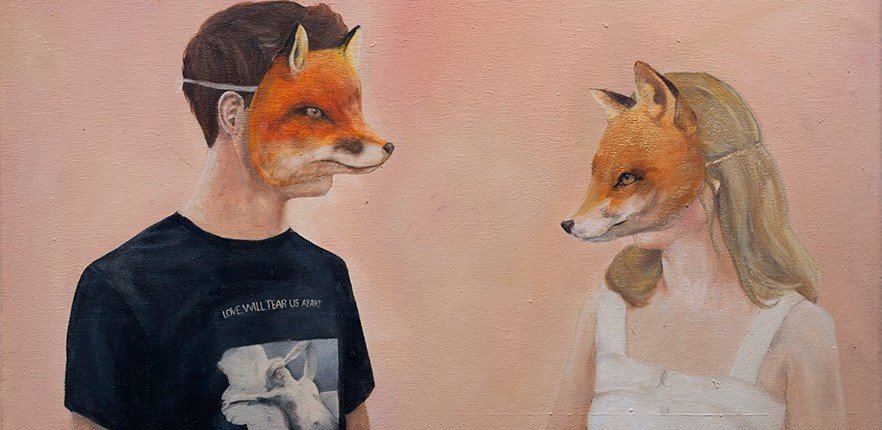First, I would just like to point out how appropriate the title of Chapter 2 is: “The Literacy Thesis: Vexed Questions of Rationality, Development, and Self.” Special emphasis on vexed. Collins and Blot really knew what they were doing because I felt pretty vexed while reading.
But let’s back up…as some of my peers are aware, I am a notorious mindmapper. As a visual learner, mindmaps help me make sense of what I read as well as helping me make connections. Also, purple pens. Enough said.

Now today’s mindmap looks a bit messy. There’s no real flow to the thing, just a ton of words and arrows. In retrospect, I’m having trouble articulating how on earth this is helpful…I suppose I’ll start at the top.
The Great Divide = Literates vs. Nonliterates. In the Post-WWII period, literacy became tied to stages of civilization, grammatical elaboration or racial order (10). Literate became synonymous with qualities like morality, economic prospects and civic virtue while nonliterate was tied to criminality, poverty, and political apathy. According to Goody and Watt (1963), the two key elements of a literate mentality are: 1) capability of thinking historically and 2) capability from distinguishing truth from opinion (23).
The problem I have with these connections is due (in part) to my own inability to 1) think historically. In my mind, I read the words “literate” and “nonliterate” and immediately replace them with “educated” and “uneducated” because most of the modern United States is literate but many do not achieve higher than a high school education. Even today, 7% of high school students drop out without receiving a diploma. Despite this inability to think historically, I am both literate and educated. In terms of 2) “distinguishing truth from opinion,” I run in to another problem: everything in this chapter is opinion but it reads more like truth. The “facts” are published by respected ethnographers and scholars and we are taught in primary and secondary school to trust text written by researchers, despite the fact that there is room for error in interpreting research. Collins and Blot call this a “literate bias,” which is part of our academic common sense (17). If it is peer reviewed and published by an author with the prefix “Dr,” we are expected to trust it. So what is the truth and how do I, as a literate and educated woman, separate it from all the opinions outlined in this chapter?
In the same period when literacy was synonymous with morality, literacy was also intimately connected to writing. Writing was the essential feature that distinguishes civilizations from simpler human societies (10). Writing was also the necessary ingredient for transforming simple, native languages into modern languages. Collins and Blot make it very clear that (according to scholars in the Post-WWII era) oral native languages had no place in the contemporary world. “Oral” became synonymous with “myth” while “written” became synonymous with “history.” And even when previously oral languages create a written component to their native language (Tolowa Language Committee in Northern California, for example), the politics of tribal recognition and academic authority stonewall the attempts at making that oral language legitimate to the modern world.
So now I’m really frustrated. We expect people to read and write or else they’re criminals. We also expect all languages to have a written component or else it is not worth learning. We also expect writing to be historically accurate and therefore truthful because writing has the power to coordinate social action on an unprecedented scale (17). We expect all of this out of reading and writing and we expect so little from talking. My confusion here is the reason for separation between “speaking” and “writing” and Collins and Blot made me wait all the way till the end of the chapter before they got to deCereau (1984) who said that writing and orality are actually complementary modes of expression. THANK YOU. Because I was really confused about why oral traditions have been viewed as unimportant. Because we cannot confirm stories as easily? Because memory changes a story every time you tell it? Last time I checked, history (remember “history” = “written” = “truthful”) is written by the victors and the versions of histories that end up in high school textbooks are rarely “truthful.”





